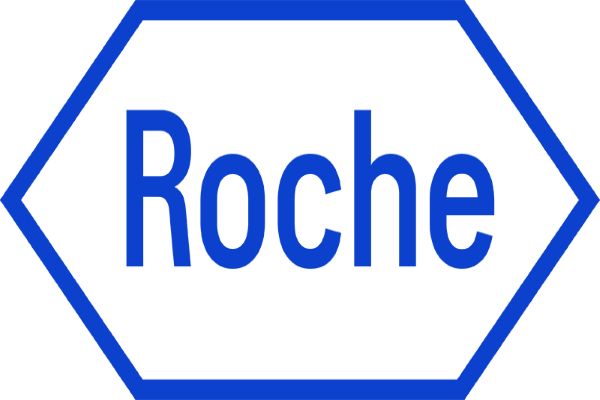The study met its primary endpoint, demonstrating a statistically significant and clinically meaningful improvement in invasive disease-free survival

Roche announced landmark positive results from the phase III lidERA Breast Cancer study, which evaluated the investigational oral selective oestrogen receptor degrader (SERD), giredestrant, as adjuvant endocrine therapy for people with oestrogen receptor (ER)-positive, human epidermal growth factor receptor 2 (HER2)-negative early-stage breast cancer. At a pre-planned interim analysis, the study met its primary endpoint, demonstrating a statistically significant and clinically meaningful improvement in invasive disease-free survival compared with standard-of-care endocrine monotherapy. This marks the first time a phase III trial of an oral SERD has shown a significant benefit in the adjuvant setting.
The majority of breast cancer cases are diagnosed at an early stage, and ER-positive disease accounts for roughly 70 per cent of all diagnoses. Despite available treatments, up to a third of individuals eventually experience disease recurrence on or after adjuvant endocrine therapy, and many discontinue treatment due to tolerability concerns. These challenges highlight the critical need for more effective and better-tolerated therapies that can improve adherence and reduce the risk of recurrence.
Dr. Levi Garraway, MD, PhD, Roche’s Chief Medical Officer and Head of Global Product Development, emphasised the significance of these findings, stating: “Today’s results underscore the potential of giredestrant as a new endocrine therapy of choice for people with early-stage breast cancer, where there is a chance for cure. Given that ER-positive breast cancer represents approximately 70 per cent of cases diagnosed, these findings – combined with recent data in the advanced ER-positive setting – suggest that giredestrant has the potential to improve outcomes for many people living with this disease.”
At the time of the interim analysis, overall survival data were immature; however, a clear positive trend was observed. Giredestrant was well tolerated, with adverse events consistent with its known safety profile and no unexpected safety signals reported. Full data from the lidERA trial will be presented at an upcoming medical meeting and shared with global health authorities as Roche works to make this potential treatment option available to patients worldwide.
The lidERA results mark the second positive phase III readout for giredestrant, following the evERA Breast Cancer study, presented at the European Society for Medical Oncology Congress 2025. The scientific rationale for lidERA was further supported by earlier neoadjuvant data, including the coopERA trial, which showed that giredestrant significantly outperformed an aromatase inhibitor in reducing malignant cell division, as measured by Ki67 levels. Together, this growing body of evidence reinforces the potential of giredestrant to meaningfully improve outcomes across early-stage and advanced ER-positive breast cancer.
Roche continues to advance a comprehensive clinical development programme for giredestrant across multiple treatment settings, reaffirming its commitment to delivering innovative therapies that address unmet needs for people with ER-positive breast cancer.

Subscribe To Our Newsletter & Stay Updated